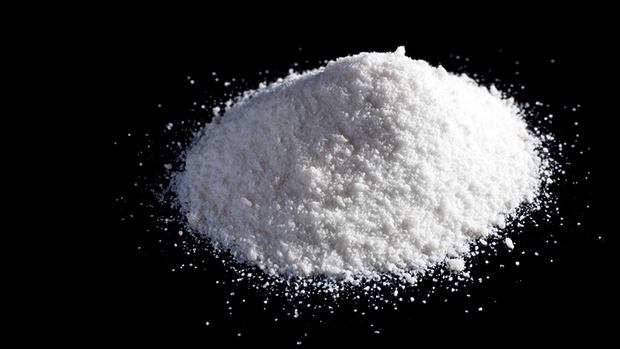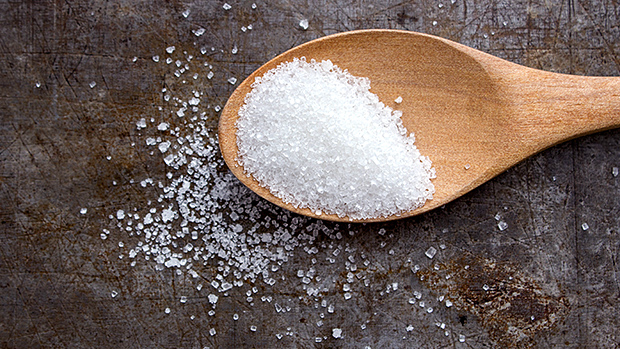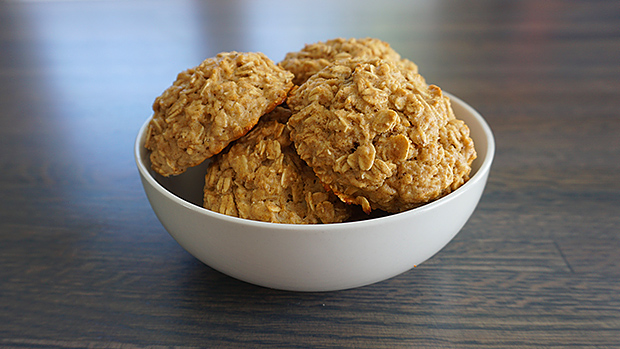It could be a cold or flu that stops you from training, or maybe some relative up and dies on you, forcing you to drop everything and attend a funeral in Fresno. Or it could be that your peckerhead boss wants you to work overtime for three weeks straight to smooth out the Peterson account. Whatever the reason, life sometimes intervenes and we're unable to hit the gym.
Panic sets in, followed by anger. We start to have disturbing visions of our muscle sloughing away like meat off a baby-back rib that's been in a slow cooker for the better part of day. Luckily, some Japanese researchers at Kobe University have found something that'll allow us to keep our muscle, or at least reduce the rate of muscle loss, when we're unable to train.
BCAAs to the Rescue
The researchers split rats up into four groups. One group served as the control, one had their hindlegs suspended (to introduce muscular atrophy), one received oral branched chain amino acids (isoleucine, leucine, and valine), and one group had their hindlegs suspended while receiving BCAAs.
The rats that got BCAAs received 600 mg. per kilogram of bodyweight, which is the equivalent of a 200-pound guy taking about 9 grams of BCAA per day.
After 14 days, the scientists measured various parameters, including muscle weight and cross-sectional area. While the BCAAs couldn't completely prevent inactivity from shrinking the rat leg muscles in the BCAA plus suspended leg group, it really slowed it down.
Based on further measurements, they concluded that the BCAAs reduced atrophy through "inhibition of the ubiquitin-proteasome pathway," and that "oral BCAA administration appears to have the potential to prevent disuse muscle atrophy."
How to Use This Info
While BCAAs are a useful adjunct to training in general, they can also be a lifesaver when it comes to preventing your hard-earned gains from slipping away during periods of inactivity.
To keep from losing muscle during downtimes, take 8 to 10 grams a day of a high-quality BCAA peptide formulation, preferably split up into two doses.
Reference
- Maki T1, Yamamoto D, Nakanishi S, Iida K, Iguchi G, Takahashi Y, Kaji H, Chihara K, Okimura Y. "Branched-chain amino acids reduce hindlimb suspension-induced muscle atrophy and protein levels of atrogin-1 and MuRF1 in rats." Nutr Res. 2012 Sep;32(9):676-83.





